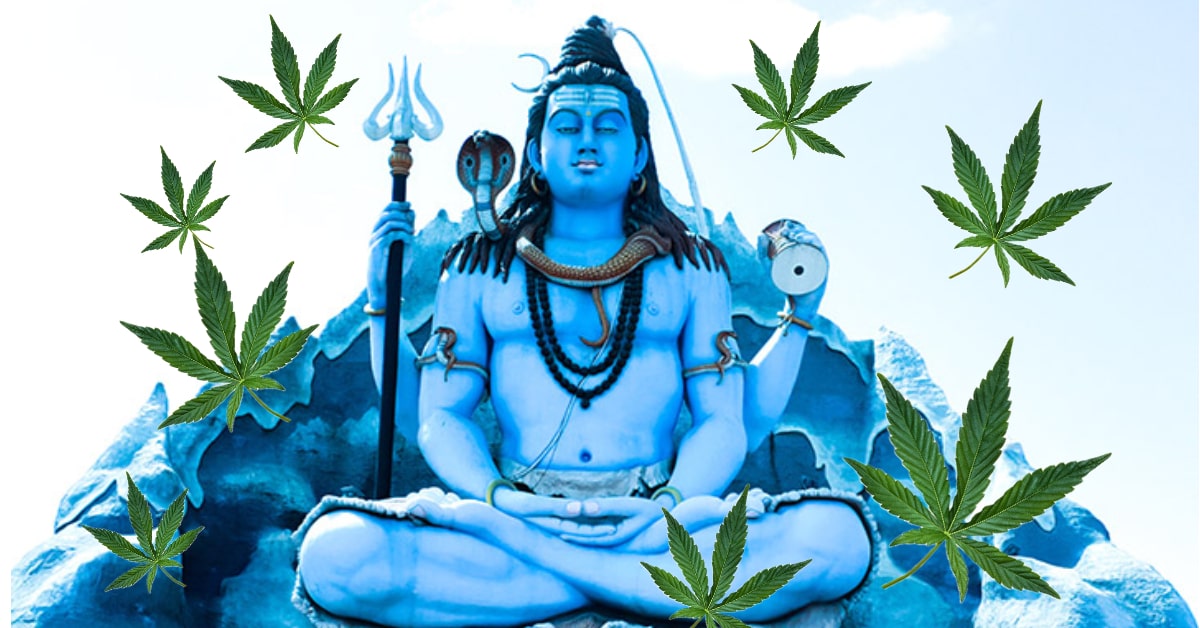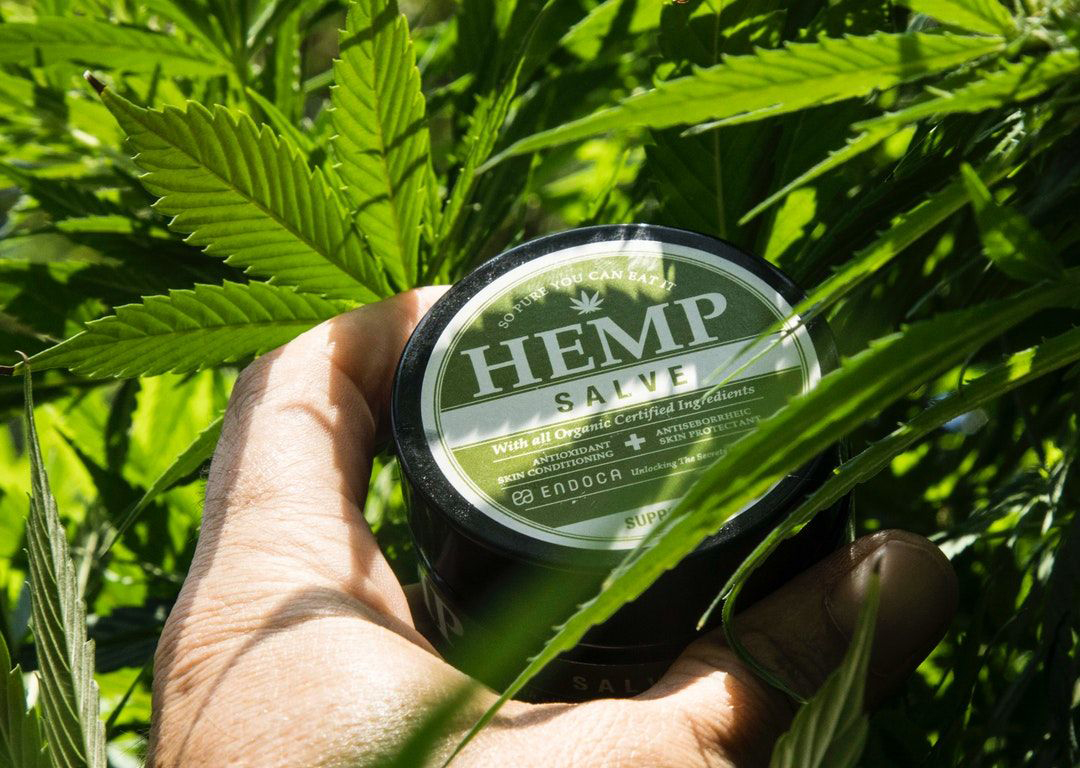Cannabis, known as “bhang” in the Hindu tradition, has a long history of association with Hinduism. Its religious and cultural significance can be traced back thousands of years to ancient times in the Indian subcontinent. In Hinduism, cannabis is considered sacred and is used for various spiritual and ritualistic purposes.
One of the primary associations between cannabis and Hinduism lies in its connection to Lord Shiva, one of the principal deities in the Hindu pantheon. Lord Shiva is often depicted as an ascetic yogi who resides in the Himalayas and engages in deep meditation. It is believed that Lord Shiva consumed bhang to focus his mind and transcend worldly attachments, leading to spiritual awakening.
During religious festivals like Holi and Mahashivaratri, the consumption of bhang plays a significant role. Mahashivaratri, which celebrates Lord Shiva, is particularly associated with the consumption of bhang as an offering to the deity. Devotees consume bhang-infused drinks and sweets as a means to connect with Lord Shiva and attain a heightened state of consciousness.
Bhang is also consumed as part of bhajan (devotional singing) sessions and other religious gatherings in Hindu communities. It is believed to induce a state of bliss and unity among participants, fostering a sense of communal harmony and devotion.
In addition to its religious significance, cannabis has found its place in Ayurveda, the traditional Indian system of medicine. Ayurvedic texts mention the therapeutic properties of cannabis, describing it as a plant with medicinal value. Cannabis has been used to treat various ailments such as pain, inflammation, and digestive disorders.
However, it is important to note that the use of cannabis in Hinduism is not universally practiced or accepted. It varies across different regions, communities, and sects within Hinduism. Some orthodox sects may discourage or prohibit the use of cannabis, emphasizing a more ascetic and disciplined approach to spiritual practices.
In modern times, the legal status of cannabis in India has become a subject of debate and discussion. While the recreational use of cannabis is largely prohibited, there are legal exceptions for the religious and medicinal use of bhang. This recognition of religious use acknowledges the historical and cultural significance of cannabis in Hinduism.
Overall, the association between cannabis and Hinduism is deeply rooted in religious traditions and cultural practices. The use of cannabis, particularly in the form of bhang, serves as a means of spiritual connection, devotion, and transcendence within the context of Hindu rituals and celebrations.



